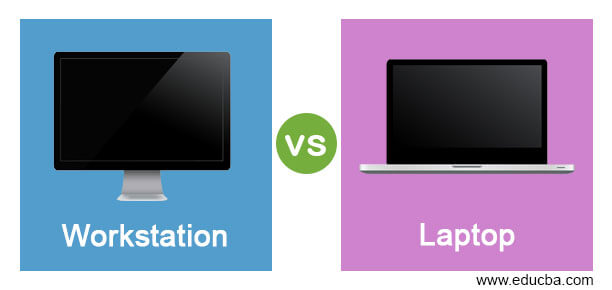Home Computer Vs Business Computer

In an era defined by ubiquitous technology, the lines between our personal and professional lives are increasingly blurred. Yet, the tools we use to navigate these realms – home computers and business computers – remain distinct in their design, functionality, and purpose. This divergence, often overlooked by the average user, carries significant implications for security, productivity, and cost-effectiveness.
This article delves into the key differences between home and business computers, exploring their respective hardware configurations, software ecosystems, security protocols, and management strategies. Understanding these nuances is crucial for individuals and organizations alike, enabling informed decisions about technology investments and usage policies.
Hardware: Tailored for Purpose
Home computers are generally built for versatility. They cater to a wide range of activities, including gaming, entertainment, and basic productivity tasks. Components are often chosen to strike a balance between performance and affordability.
Business computers, on the other hand, prioritize reliability and longevity. "Enterprise-grade" components are common, offering superior durability and stability. They are built to withstand constant use and minimize downtime, according to a report by Gartner.
The case design also differs. Business PCs often favor understated aesthetics and space-saving form factors. Home PCs might have fancier designs with more focus on visual appeal.
Software: Security and Productivity First
The software landscape is another critical point of divergence. Home computers typically come pre-loaded with consumer-oriented operating systems like Windows Home or macOS, alongside a selection of entertainment and productivity applications.
Business computers frequently utilize professional versions of operating systems like Windows Pro or Enterprise, offering enhanced security features and network management capabilities. Specialized software suites, tailored to industry-specific needs, are also common. According to a Forrester research, enterprise OS editions have better security features.
Furthermore, business machines often require specialized software to connect to the network of the organization.
Security: A Paramount Concern
Security is a significantly greater concern for business computers. They are prime targets for cyberattacks, which can result in data breaches, financial losses, and reputational damage.
Robust security measures, including firewalls, antivirus software, intrusion detection systems, and multi-factor authentication, are essential. Regular security audits and employee training are also crucial components of a comprehensive security strategy.
Home users should follow basic security principles. However, the scope of protection usually is lower compared to businesses.
Management: Centralized Control and Efficiency
Business computers are typically managed centrally by IT departments. This allows for streamlined software deployments, security updates, and remote troubleshooting.
Centralized management also enables the enforcement of security policies and compliance regulations. IT managers can track software licenses, monitor hardware performance, and proactively address potential issues. Microsoft's Active Directory is a common solution in business environment.
Home computers are usually managed on a personal basis by the user. In this case, the IT management is up to the end user.
Cost Considerations: Beyond the Purchase Price
While the initial purchase price of a home computer may be lower, the total cost of ownership can be deceiving. Business computers, although more expensive upfront, often offer better long-term value.
Factors like durability, reduced downtime, enhanced security, and centralized management contribute to lower overall costs. Investing in quality business-grade hardware and software can minimize support expenses and prevent costly data breaches.
It is important to calculate lifetime ownership costs. Sometimes cheaper computers can lead to greater expenses.
Future Trends: Convergence and Specialization
The future of computing likely holds both convergence and specialization. As cloud computing becomes more prevalent, the distinction between home and business applications may diminish.
However, the underlying hardware and security requirements will likely remain distinct. Businesses will continue to prioritize robust, reliable, and secure computing solutions, while home users will demand affordable, versatile, and user-friendly devices. As stated by IDC, "enterprises will still need powerful computing resources."
The lines may blur, but the core needs will stay relatively the same.


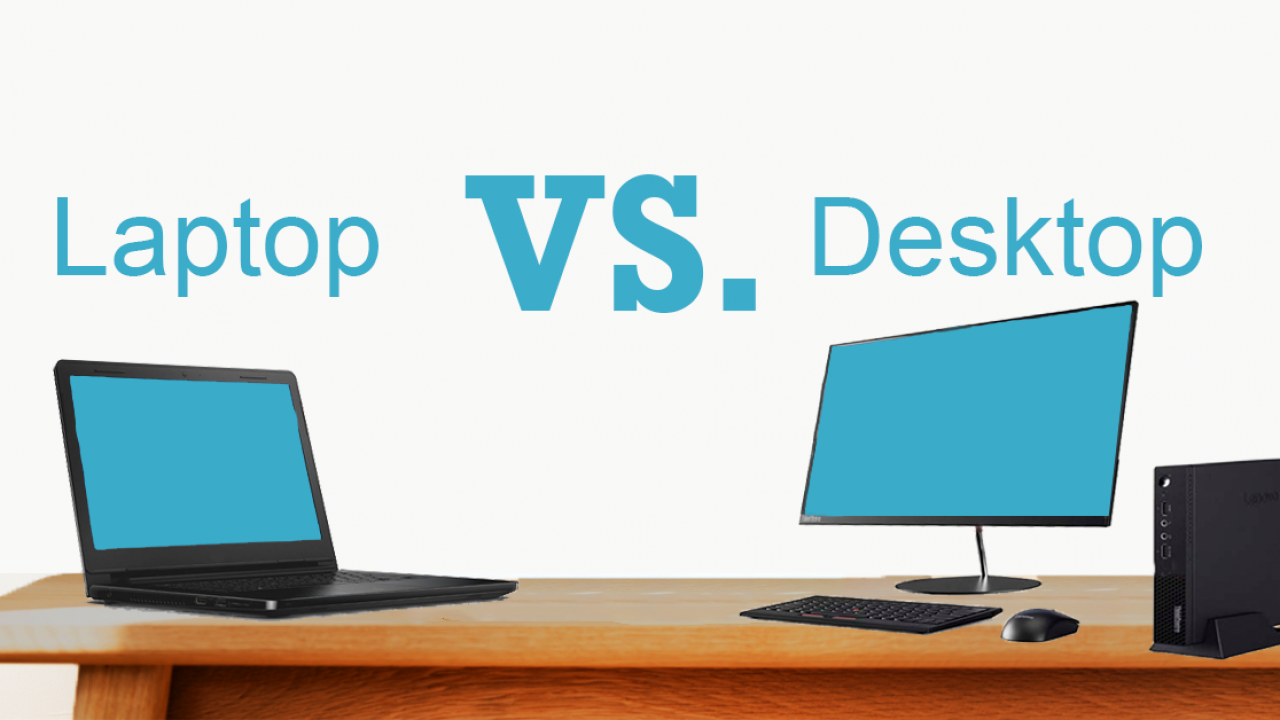


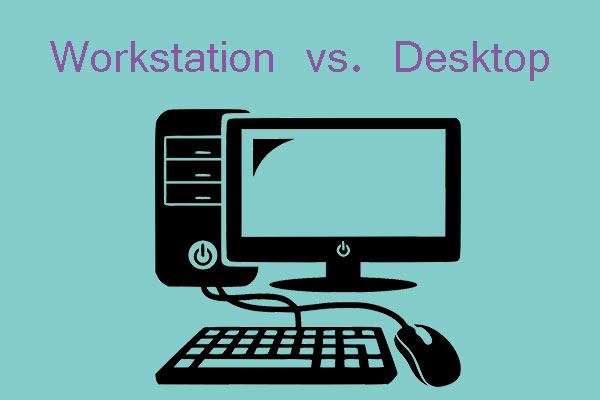
![Home Computer Vs Business Computer Laptop vs. Desktop PC for Work - Which should you choose? [UPDATED 2024]](https://www.cgdirector.com/wp-content/uploads/media/2022/05/Desktop-or-Laptop-Workstation-Flowchart-1536x810.jpg)
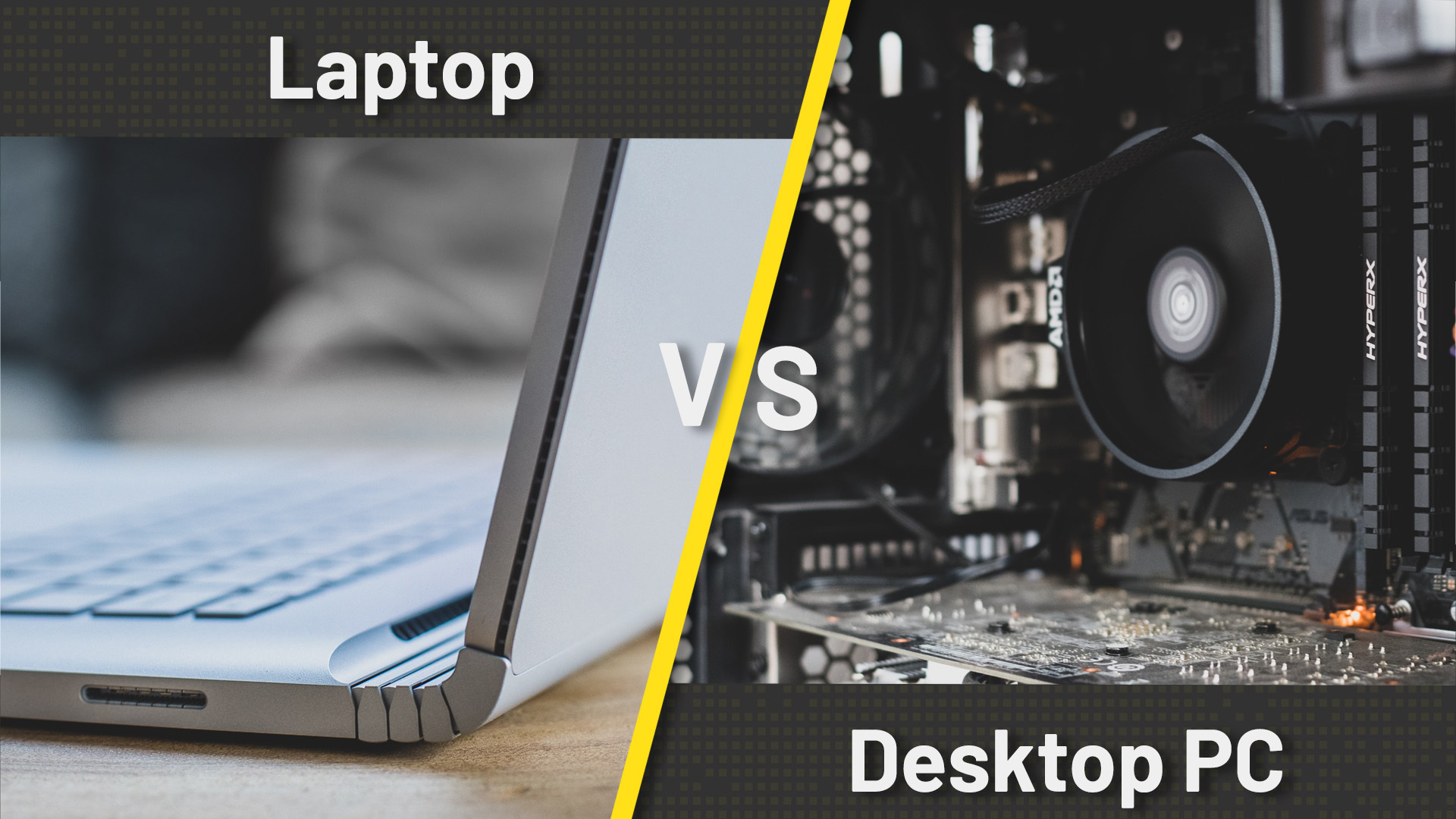
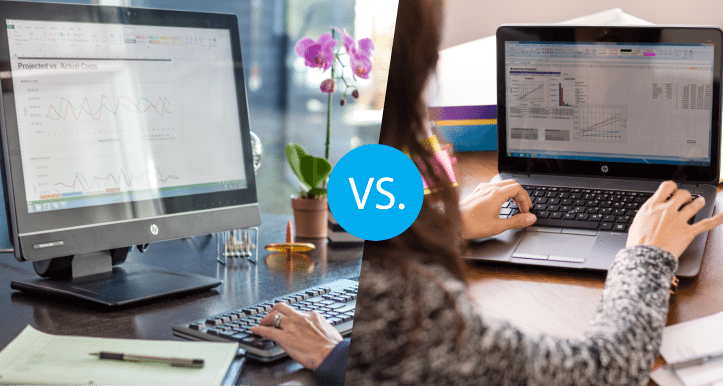

![Home Computer Vs Business Computer Laptop vs. Desktop PC for Work - Which should you choose? [UPDATED 2024]](https://www.cgdirector.com/wp-content/uploads/media/2022/05/Laptop-vs.-Desktop-Workstations-Twitter.jpg)
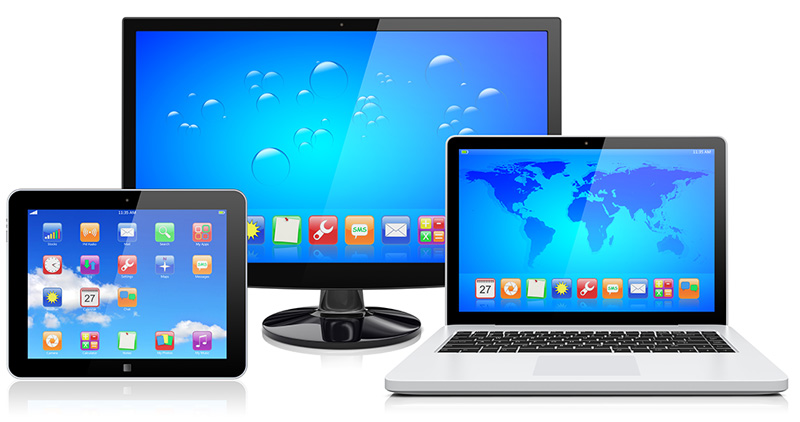
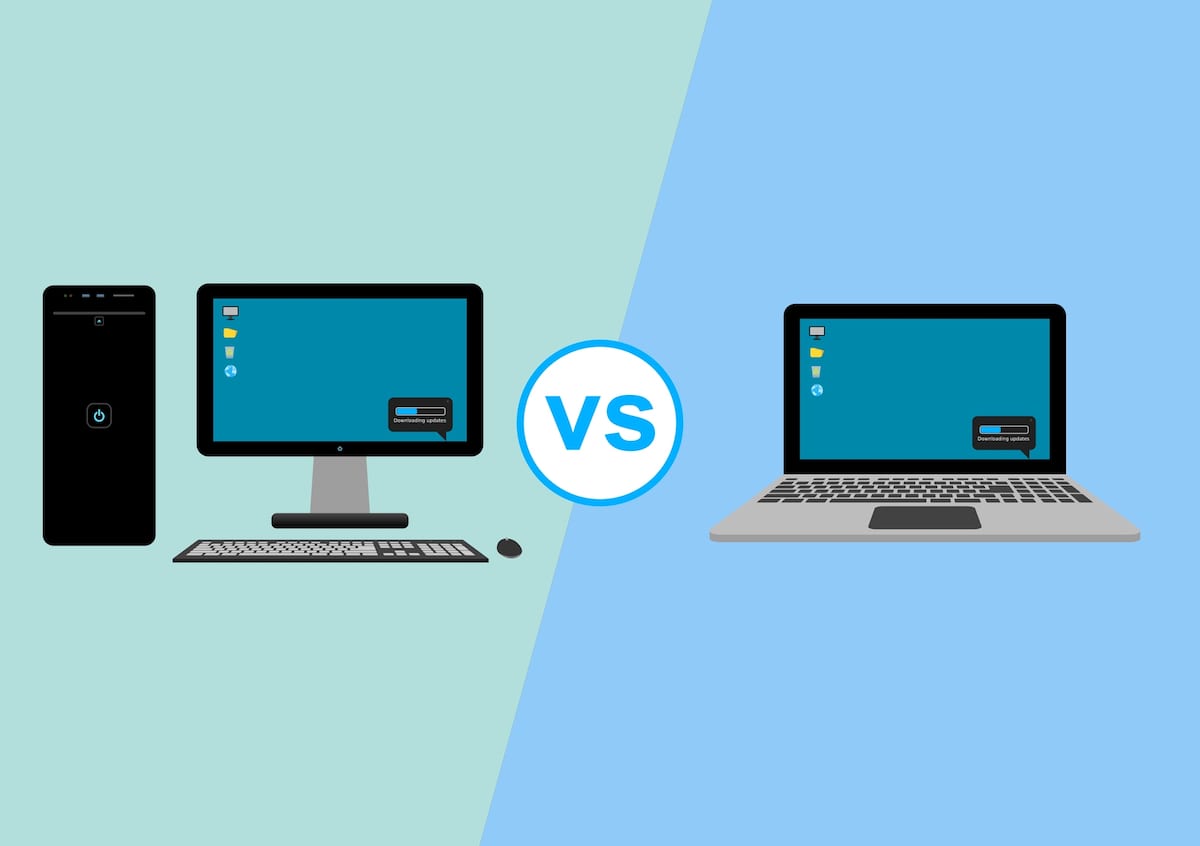

![Home Computer Vs Business Computer Workstation vs Gaming PC - Which Should I Choose? [Simple Guide] - YouTube](https://i.ytimg.com/vi/IMSx2MUHSWM/maxresdefault.jpg)

